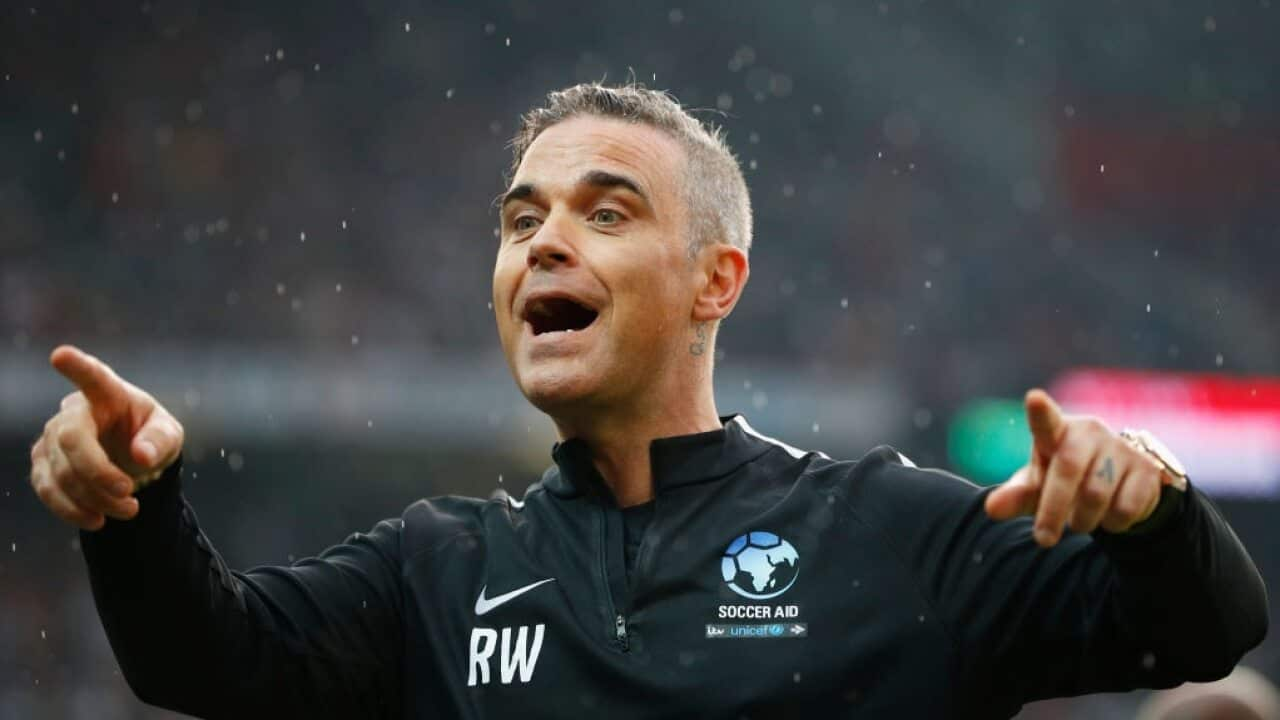The spectacle of Premier League superstar Mohamed Salah posing with Chechen leader Ramzan Kadyrov is an inauspicious start.
To the dismay of FIFA, the local organising committee and the Russian government, the dark cloud of politics has lingered over the 2018 World Cup ever since hosting rights were awarded in 2010.
Dubious bid practices, racist incidents, state-sanctioned doping, the annexation of Crimea, proxy conflicts in eastern Ukraine, involvement in Syria, alleged interference in the United States election, the poisoning of a former Russian spy Sergei Skripal: both on the pitch and on the international stage, politics has repeatedly threatened to disrupt Russia’s hosting of the 2018 World Cup.
Now, on the eve of the biggest sporting event in the world, Egypt’s decision to base themselves in the troublesome Russian republic of Chechnya has caused consternation.
Russia is no liberal democratic paradise – Freedom House describes its political system as “authoritarian”.
President Putin’s recent re-election will make him the longest serving Kremlin leader since Stalin; the leading opposition figure was prevented from running.
The internal security service recently blocked messaging app Telegram, favoured by critics and dissidents for its encryption, and then arrested those who protested the decision.
But tragically, compared to Chechnya, the human rights record of the rest of Russia looks almost passable.
Kadyrov exercises near total control in his once-separatist territory, with extrajudicial killings and torture commonplace.
LGBTQI people are routinely arrested and humiliated in public, while journalists often disappear.
Into this context arrived Egypt during the week, in a move lambasted by Human Rights Watch as “absolutely shocking and outrageous.”
FIFA’s response? “Through its activities, FIFA does not legitimise any regimes,” an official told the New York Times.
The elision of sport and politics in Chechnya is a microcosm of the broader issues facing the 2018 World Cup.
When the hosting of this World Cup was awarded in 2010, Russia-West relations were looking upwards. Dmitry Medvedev had succeeded Putin as president and Barack Obama’s “reset” was in full-swing.
Eight years later, relations are the lowest ebb since the Cold War.
Host city Rostov-on-Don is a hub for Russian support of proxy regimes in Donetsk and Luhansk – breakaway regions of Ukraine where active conflict persists.
There has been talk of a ferry link between host city Sochi and Crimea, annexed by Russia in 2014, mere months after Sochi hosted the Winter Olympics.
At a sporting level, the integrity of Russian football has been in doubt since the post-Sochi revelations of state sponsored doping. Russia’s 2014 World Cup squad was investigated by FIFA, although subsequently cleared.
Russia’s ability to guarantee the safety of people of colour, LGBTQI individuals and England fans – a past target of Russian hooligans – has also been questioned.
FIFA President Gianni Infantino was defiant following the 2017 FIFA Confederations Cup.
“We were hearing about violence, about hooligans, about racism,” Infantino said. “We had no incidents.”
The next five weeks will tell whether Infantino’s confidence was misplaced.
The swirl of political intrigue has been such that it has been easy to forget Russia’s long football history, a textured past highlighted by some of the statues outside host stadiums. Unlike Qatar 2022, there is a sound footballing basis for sending the tournament to Russia.
Football was first proselytised by English migrant workers in the 1890s and quickly flourished.
The Soviet Revolution added a particular complexion to the football scene.
An intense rivalry formed between workers’ club Spartak Moscow and secret police team Dynamo Moscow, while the Bolsheviks boycotted early international tournaments lest they “deflect workers from the class struggle.”
The Soviet Union won the 1956 Olympics football gold medal, and triumphed at the inaugural European Championships four years later.
They finished fourth at the 1966 World Cup, second at the 1972 Euros and second again in 1988.
Lev Yashin is remembered as the best goalkeeper of all-time (and is the only custodian to win the Ballon d’Or), while Eduard Streltsov is hailed as the Russian Pele.
Fast forward to 2018, and faith in the national team has dissipated after a disastrous few years. “We will be knocked out by Monday,” one Russian quips.
Russia is the worst team at the World Cup, recently falling behind second-last Saudi Arabia on FIFA’s rankings.
While the draw has been kind to the Sbornaya – none of Egypt, Uruguay or the Saudis are expected to progress deep into the competition – there is every chance Russia will repeat its Confederations Cup form and exit from the group stage.
Former national team manager Guus Hiddink once said that Russia can beat anyone, but it can also lose to anyone. It may be that only one half of that appraisal is accurate this month.
Even if political controversies distract from the football, and even though the Russian national team seems destined for early exit ignominy, the World Cup promises something special for the people of this vast nation.
Over a million fans and media from distant lands will disperse across three of Russia’s four corners; Siberia in the east was overlooked in the selection of host regions.
In many of the host cities, visitors will interact with locals rarely exposed to the outside world. Stereotypes will be broken and friendships created.
The hype surrounding the World Cup was palpable on arrival in Moscow; the airport was festooned with World Cup promotion, a scene replicated across the country.
Russian literary figure Leo Tolstoy once wrote that “art, all art, has this characteristic: it unites people”.
If football is an art form, then the World Cup is its zenith.
It is for exactly this reason that the likes of Putin and Kadyrov are so eager to burnish their image by association.











